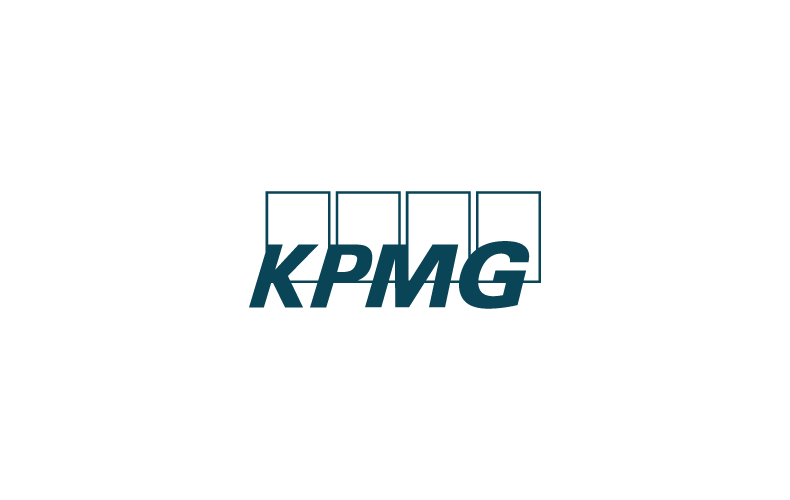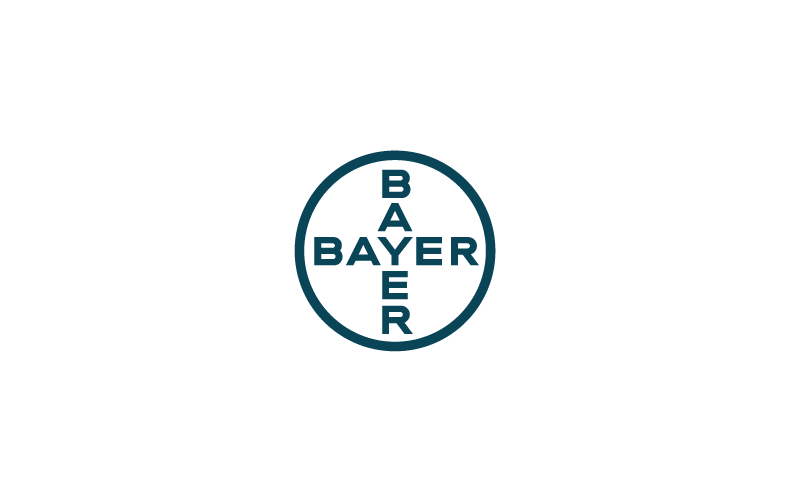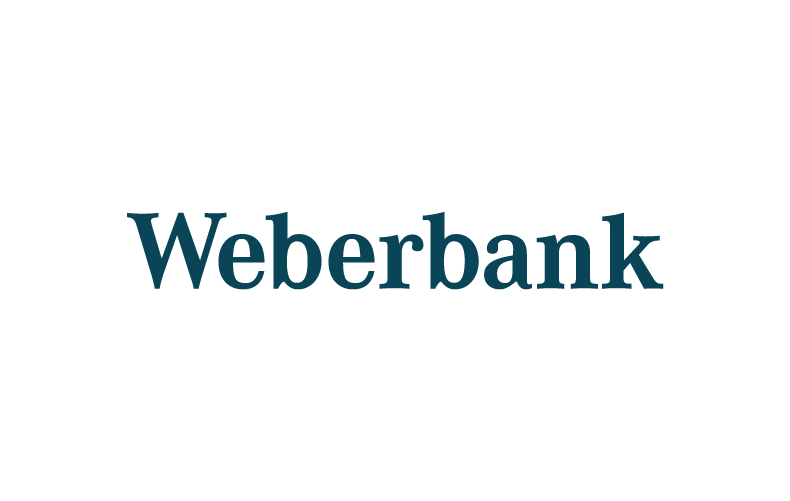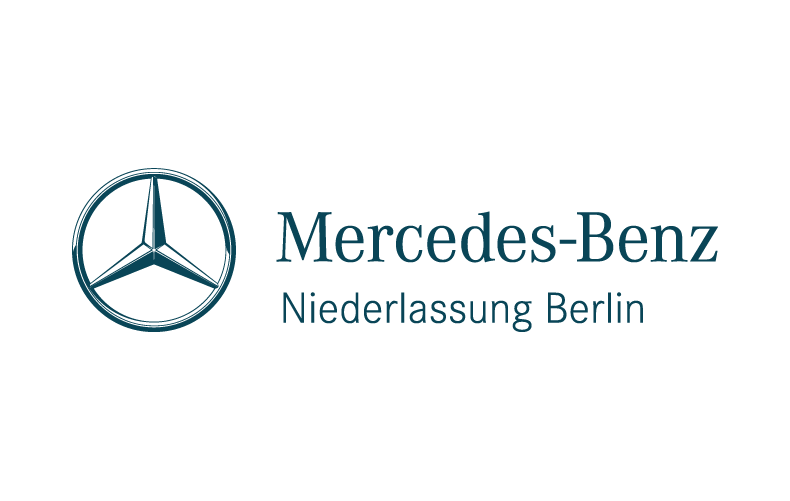VBKI I ABOUT US
The history of the VBKI
Tradition and experience form a strong foundation on which to shape the future: The VBKI has been accompanying Berlin's eventful history since 1879.
As an important forum for the Berlin economy, Verein Berliner Kaufleute und Industrieller (VBKI) now has an impact far beyond the capital's borders. Its voice carries weight. Since its foundation in 1879, our association has been committed to the society in which we live and work. We plan for the future - and can look back on over 130 years of tradition.
Dialogue as a message
The VBKI was founded in the early days of Berlin. Trade, commerce and the construction industry experienced an enormous upswing at the time. It was the time of the great initiators: the Rathenaus, the Siemens, the Borsigs and the Scherings, who transformed a small Brandenburg town into a global metropolis with their entrepreneurial drive. On October 6, 1879, 329 Berlin merchants founded Verein Berliner Kaufleute und Industrieller . From the very beginning, the association stood for responsible entrepreneurship: its members advocated dialog between business, science and politics, for a market economy and pluralism.
The First World War sets Berlin's economy back a long way. Revolution, reparations and inflation are followed by a brief period of apparent prosperity, which is brutally brought to an end by the global economic crisis. When the National Socialists came to power in 1933, the darkest chapter in the history of Germany and the association began: the VBKI was brought into line and forcibly aryanized. Many successful Jewish entrepreneurs were expelled from the city and the VBKI lost two thirds of its members in a short space of time. This silences one of the last voices fighting for freedom and human dignity. At the end of the war, Berlin is destroyed, the entire country completely ruined. And yet, in this darkest hour, there is still hope for a new beginning.
Reconstruction and reunification
In 1948, the VBKI is re-established: Courageous entrepreneurs around Jakob Dichter obtain the re-admission of the association from the Allied authorities. They begin to work for the entrepreneurial reconstruction of their hometown - primarily in West Berlin due to the division. The association developed into the standard bearer of the free market economy in a besieged city, symbolizing the perseverance of entrepreneurs who did not want to give up on this city and in this city. Many experienced the turnaround of 1989/90 as a liberation and a new opportunity. The association was finally able to extend its sphere of activity to the whole of Berlin and Brandenburg and make its contribution to Berlin's resurgence as an economic metropolis.
Our premium partners




